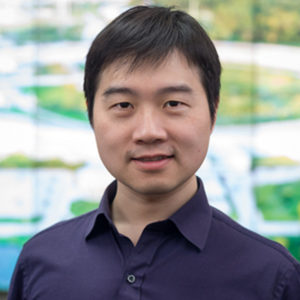Progress towards the realization of quantum computers requires persistent advances in their constituent building blocks—qubits. Novel qubit platforms that simultaneously embody long coherence, fast operation and large scalability offer compelling advantages in the construction of quantum computers and many other quantum information systems. Electrons, ubiquitous elementary particles of non-zero charge, spin and mass, have commonly been perceived as paradigmatic local quantum information carriers. Despite superior controllability and configurability, their practical performance as qubits through either motional or spin states depends critically on their material environment.

In this talk, I will present our experimental realization of a new qubit platform based on isolated single electrons trapped on an ultraclean solid neon surface in vacuum. By integrating an electron trap in a circuit quantum electrodynamics architecture, we achieve strong coupling between the motional states of a single electron and a single microwave photon in an on-chip superconducting resonator. Qubit gate operations and dispersive readout are successfully implemented. Our latest measurements show that both the relaxation time T1 and coherence time T2 have reached 100-microsecond scale [2]. The observed single-shot readout fidelity, without using a quantum-limited amplifier, is already 94.4%. Simultaneous strong coupling of two qubits with the microwave resonator is also demonstrated, as a first step toward two-qubit entangling gates for universal quantum computing. These results manifest that the electron-on-solid-neon (eNe) charge qubits have outperformed all the existing charge qubits to date and rivaled the state-of-the-art superconducting transmon qubits.
Dafei Jin is an Associate Professor of Physics at University of Notre Dame and a jointly appointed Quantum Scientist at Argonne National Laboratory. He received his Ph.D. in low-temperature condensed matter physics from Brown University and performed postdoctoral research in quantum Nano-electronics and optics at Massachusetts Institute of Technology (MIT) and University of California (UC) Berkeley. He is the lead of the Quantum Matter and Devices Labs at Notre Dame and Argonne. His research team works in broad areas across quantum matter, quantum devices, topological materials, and nonequilibrium systems. At present, his main focus is on the development of a novel quantum information architecture based on quantum solids and superconducting quantum circuits.